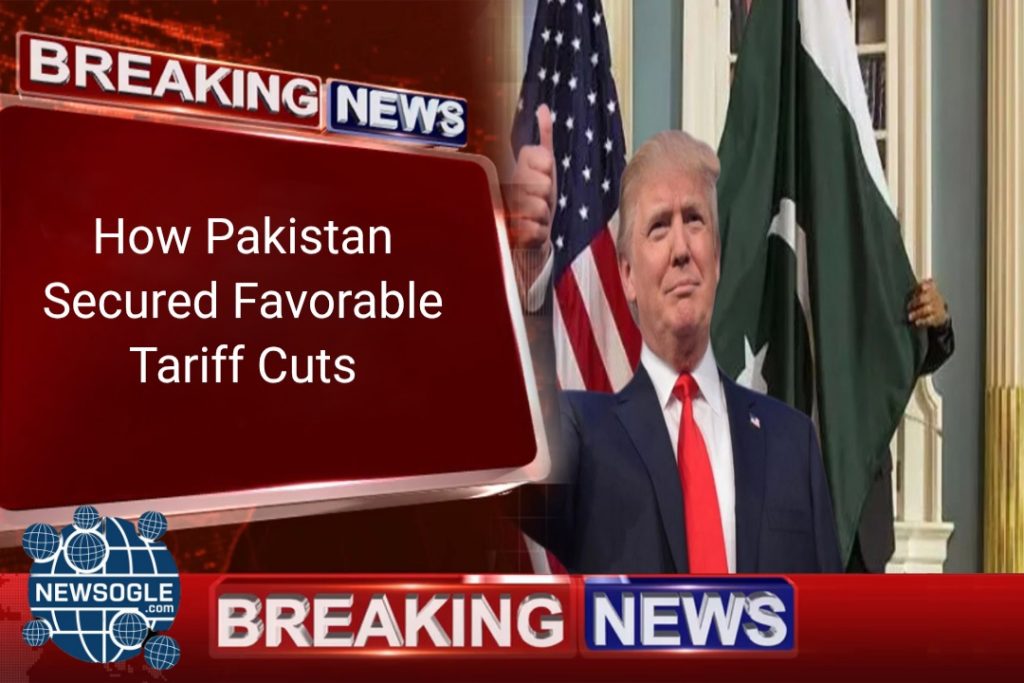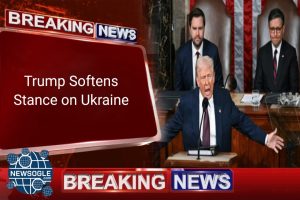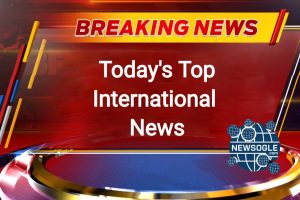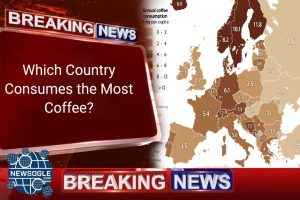
[November 14, 2025] – A recent investigation by the New York Times has laid bare the extensive, multi-million dollar Pakistan lobbying campaign launched in Washington D.C., which coincided with a significant policy reversal in the country’s favor under the Trump Administration. The revelations highlight the high-stakes world of foreign influence and the direct correlation between substantial financial investment and favorable US Tariffs policy shifts.
The Scale of Washington Influence
According to public lobbying disclosures cited in the report, the Government of Pakistan significantly escalated its spending on foreign influence operations on Capitol Hill. The investigation reveals that Islamabad outspent its regional rival, India, by a factor of nearly three-to-one, dedicating hundreds of thousands of dollars monthly to secure access and favorable policy decisions.
Key to this success was the engagement of prominent firms, including the global powerhouse Squire Patton Boggs (SPB), and other entities with direct ties to President Donald Trump’s inner circle. Reports indicate that at least seven new lobbying firms were hired, with some of the deals designed to leverage relationships with high-profile Trump affiliates. The move signaled a focused, strategic shift by Islamabad to prepare for, and capitalize on, the evolving political landscape in the U.S. capital.
A Striking Policy Shift in Tariffs
The most immediate and striking evidence of the lobbying campaign’s success was a dramatic change in U.S. trade policy towards Pakistan. The Trump Administration, known for its emphasis on reciprocal trade and tariffs, implemented a crucial reduction in tariffs for Pakistani goods.
The New York Times investigation detailed how reciprocal US Tariffs on Pakistan were lowered from 29% to 19%. This massive 10-point reduction provided a critical economic boost to Islamabad. Conversely, during the same period, US tariffs on goods from India were reportedly increased, further underscoring the success of the Pakistan Lobbying strategy in tilting the regional economic scales in Washington’s favor.
Implications for US Foreign Policy and Geopolitics
The findings raise serious questions about the transparency and ethical boundaries of foreign influence in American politics. The use of firms concurrently representing both Pakistan and controversial organizations like the Rashtriya Swayamsevak Sangh (RSS) has ignited a political firestorm both in the U.S. and abroad, particularly in India, where opposition parties have been quick to criticize the convergence of interests.
The massive financial commitment by Islamabad and the resulting policy outcome demonstrate that, even amidst shifting global alliances and geopolitical tension, direct lobbying efforts remain one of the most effective ways for foreign governments to shape American foreign and trade policy. As the political cycle continues, observers will be watching closely to see if this model of high-spending, targeted Trump Administration lobbying becomes the blueprint for other nations seeking to secure preferential treatment in Washington.
Keywords: Pakistan Lobbying, Trump Administration, US Tariffs, Squire Patton Boggs, Foreign Influence, Washington D.C., Geopolitics.

Aleda Kawis is the Professional Journalist and serving in the field since 2012. She keeps extensive experience as investigating journalist and media influencer.




